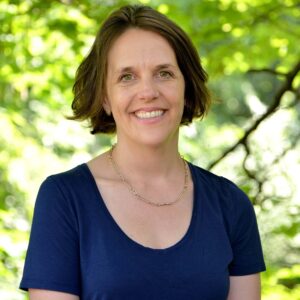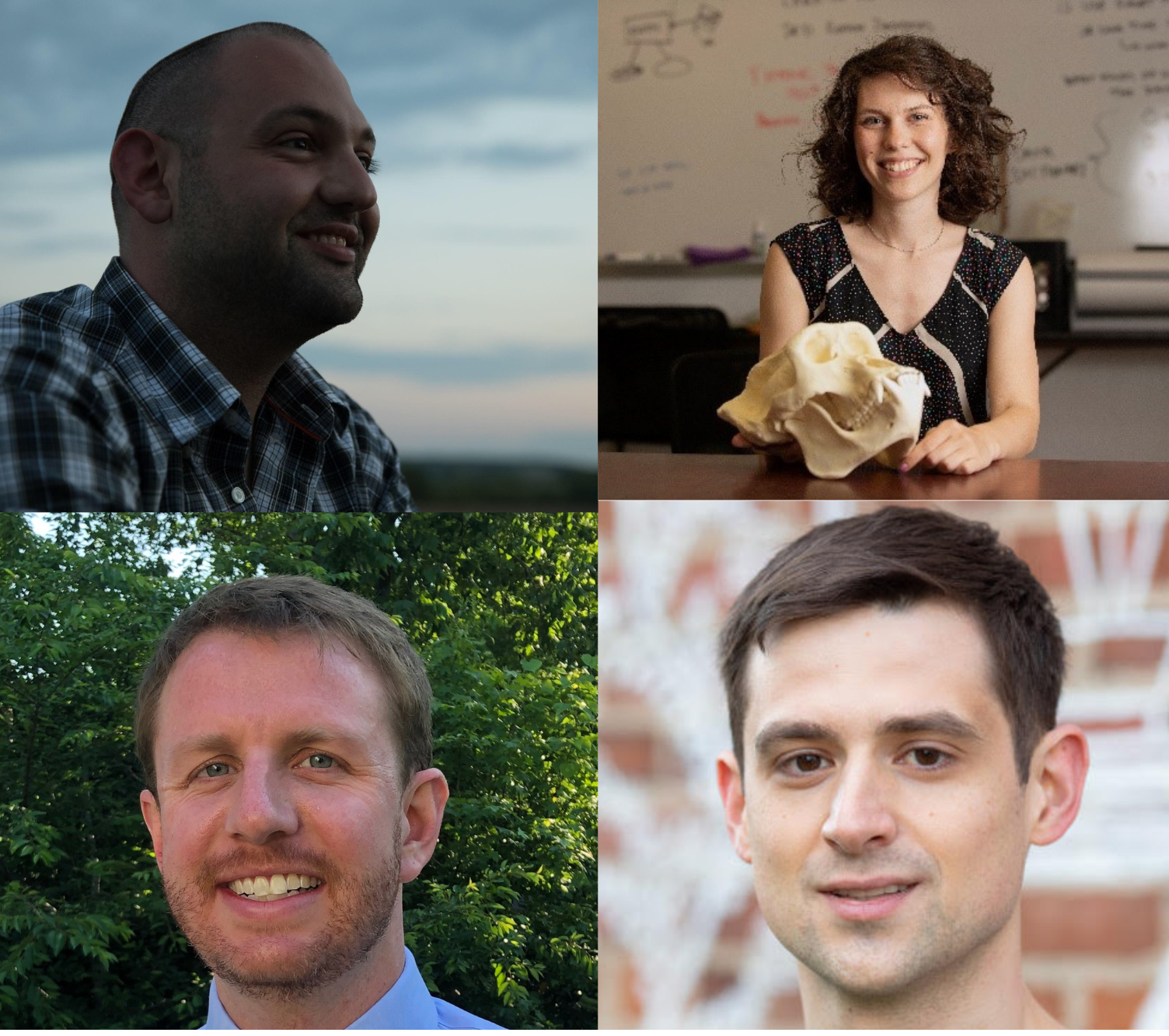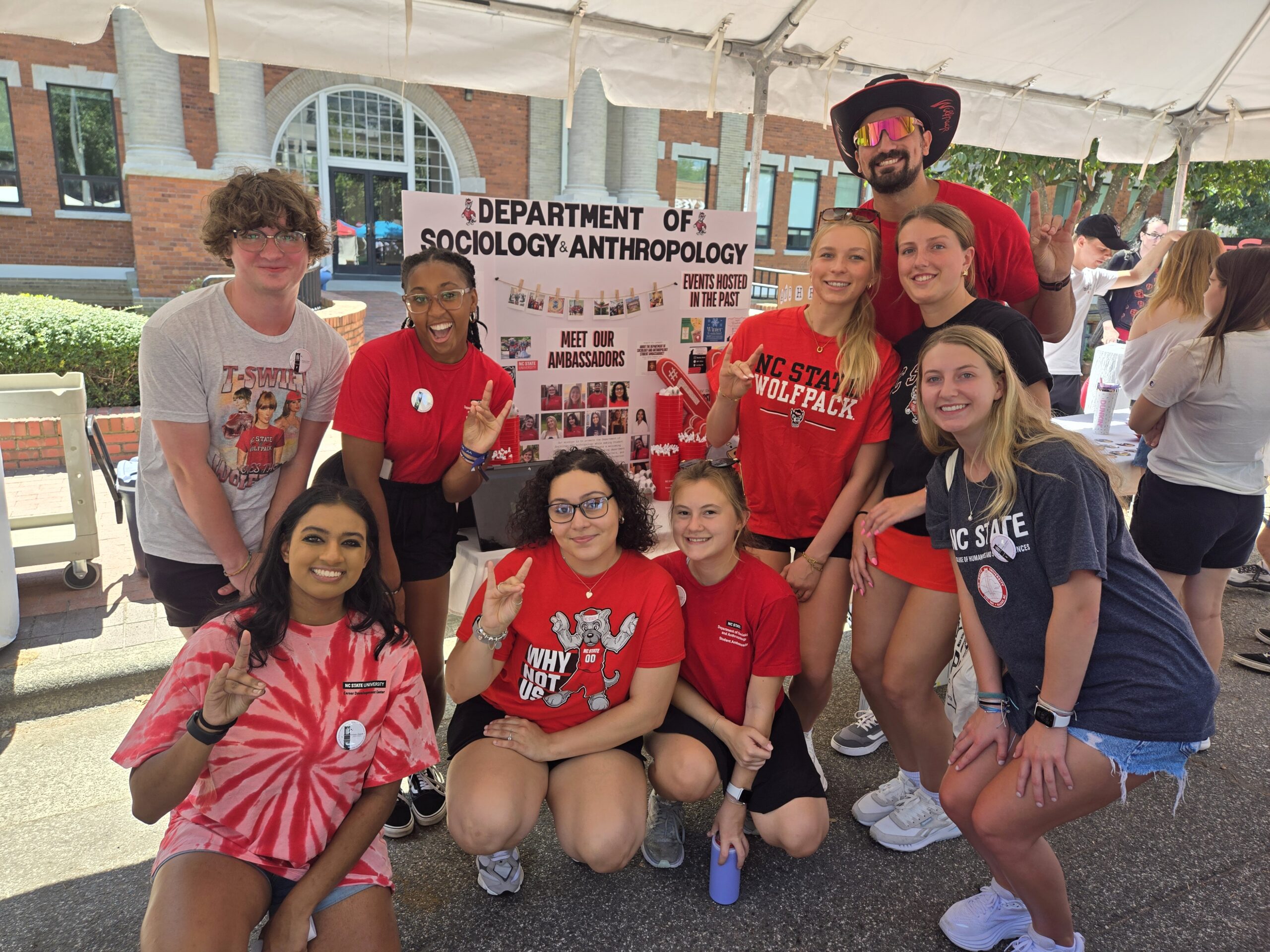Food Security in Raleigh: Applying What I Learned in the Classroom

We all sit in class and wonder “when will I ever use this information in real life?” I think it is safe to say that people forget how academia can be applied out in the community. As the current Service Vice President of Alpha Phi Omega, a co-ed service fraternity on NC State’s campus, I am the proud planner of our first ever Food Security Themed Service Retreat that acts as a working example of this. This project plan is a recipient of the APO National’s Service Innovation Grant with the aim of fighting against food insecurity in our own backyard.
The project is dedicated to the three cardinal principles of APO: leadership, friendship, and service, while directly impacting local businesses and people in need in the greater Raleigh area. Over the span of two days, we have volunteers attending a shift at the Food Bank of Central and Eastern North Carolina, delivering groceries to seniors with the Interfaith Food Shuttle, and constructing a Hügelkultur mound at the Well-Fed Community Garden; as well as hearing from speakers from the Inter-Faith Food Shuttle, Food Not Bombs, and the Food Bank on a virtual panel to learn how their organizations are combating food insecurity. Additionally, we are able to donate one hundred cans to the Helping Hands Mission and food supplies to the Raleigh Rescue Mission, along with notes of encouragement to be included in their meal deliveries. I have the goal of turning this retreat into a yearly tradition as this type of event allows us to make a tangible and recognizable difference in our local community.
The Department of Sociology and Anthropology does well to teach students about issues requiring systemic and systematic changes, and it is the work of individuals who dedicate themselves to their communities through education, research, and action that make a difference. Dr. Sarah Bowen, a sociology professor here at NC State, is one of those people. She has been a professor at the university for twelve years and has come to love the diversity of student interests at NC State and the conversations that come out of that, as well as (of course) the ice cream.
Dr. Bowen’s most recent project is a study funded by the National Science Foundation (NSF) that investigates people’s experiences of food insecurity during the COVID-19 pandemic and their coping strategies, and how these vary by location. Her team is conducting interviews and surveys, and is collecting “food photos showing where people cook, eat, and shop” in five different states (MI, MS, NC, SC, SD). This study is aimed at finding qualitative evidence for what the rise of food insecurity looks like on a national level.
Additionally, Dr. Bowen led the Voices into Action Families, Food, and Health Project, which started in 2011. Dr. Bowen and a team of students, faculty and staff at NC State conducted interviews and ethnographic observations with poor and working class mothers in several North Carolina counties, focusing on how they made food decisions and how they cooked and shopped. The project also had a participatory outreach component, in conjunction with colleagues in the College of Agriculture, in which “community-based groups developed strategies to improve food access in their counties. We also funded mini-grants for lots of different projects related to food access and access to spaces for people to exercise and be active.”
And when asked what the most rewarding part of her research has been, Dr. Bowen responded that “talking to so many people… and learning from all of these different people, about what food looks like in their houses… [and seeing] the joys and struggles that come with making food on a daily basis” was the most gratifying. She continued, “It’s really an honor to go into people’s houses, that people are willing to let you into that space and then… it’s fascinating to see how complicated it can be and how it can mean so many different things to different people.”
In bringing things full circle, and connecting Dr. Bowen’s work to my efforts with the service project, I asked her opinion on how well she thinks Raleigh handles its issues of food insecurity. She took a beat, noting the complexity of that question. She stated that “there’s a lot of good people and good work being done in Raleigh around food insecurity and poverty, but I do think that Raleigh, as a city, can do more.” For example, bettering our public transportation system will improve people’s access to food. However, in terms of campus and student involvement, she is impressed by initiatives like Pack Essentials, which provides resources for students experiencing food and housing insecurity. However, Dr. Bowen acknowledges that working to prevent these crises is a much more difficult task. Nonetheless, she states that the student-led Feed the Pack pantry, with their ‘shopper’s choice’ model, and programs like the student emergency fund and meal swipe programs are incredibly valuable.
To conclude the interview, Dr. Bowen left me with this final thought, “[For] faculty and students, one thing we can all do, is be more honest, just try to talk about food insecurity, including among college students, so that if they do experience it, they realize that they are not alone… For students, I hope that they just realize that there are resources available to help, and that they reach out and find somebody they can trust.”
In carrying out the plan for the Service Retreat and interviewing Dr. Bowen, I cannot help but to be amazed by how academics and the real world intersect, and how it can lead to better informed decisions and pushes for change in local communities and beyond. The interface between this type of research and community understanding and involvement is extremely important, and should not be underestimated. Therefore, I encourage everyone to find innovative ways to interact with their academic work and their community simultaneously. The results may be more than you could have imagined, and leave you feeling fulfilled and with a new perspective.
This post was written by Shelby Feirstein, a junior studying anthropology with minors in forensics, genetics and French and a Department of Sociology and Anthropology student ambassador.




